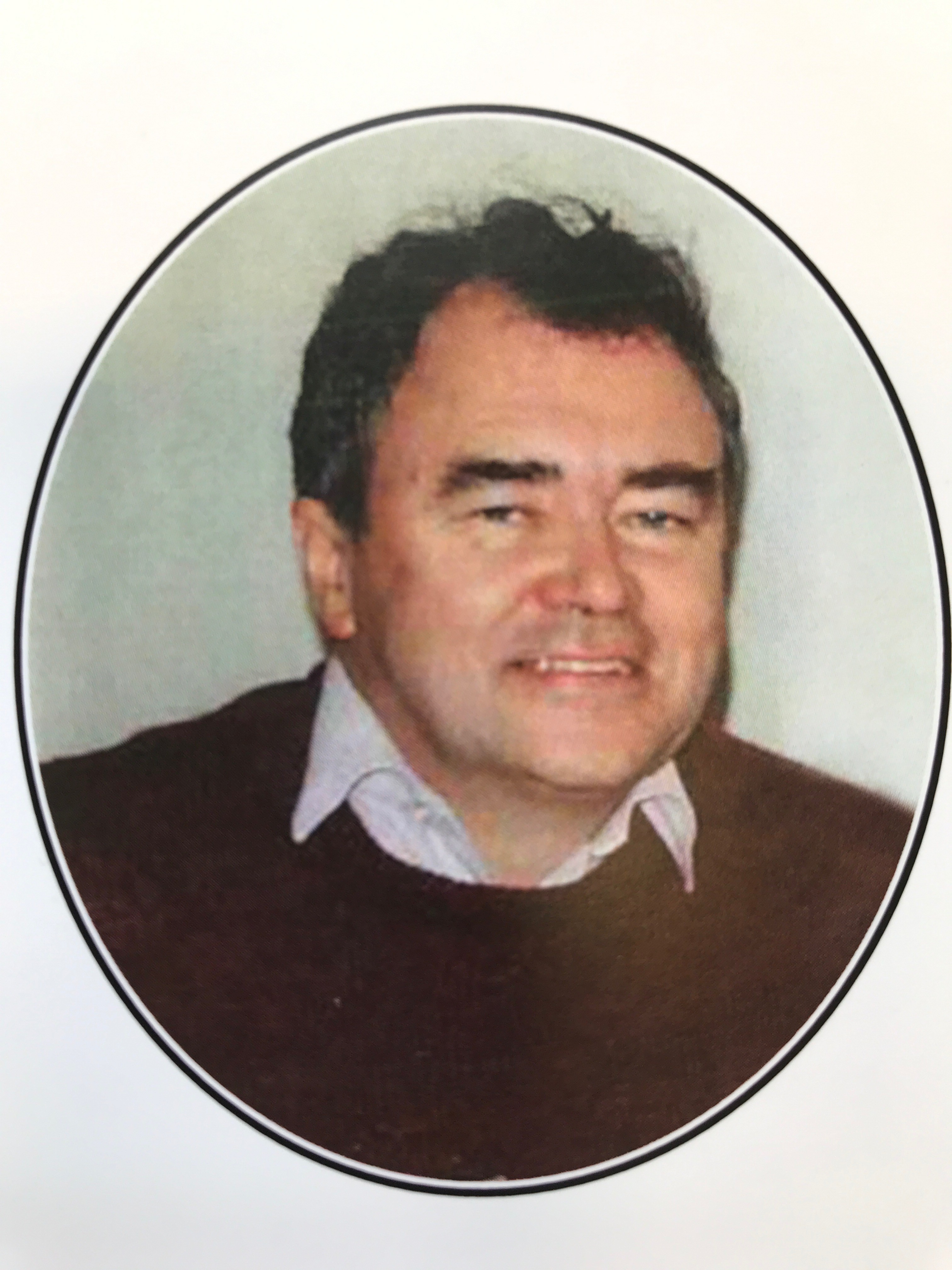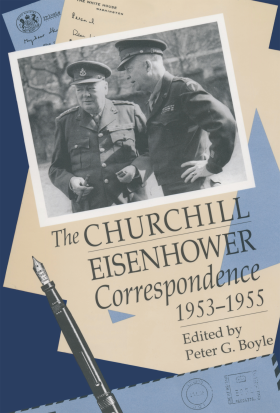
05/09/2018, by CLAS
Remembering Peter Boyle, historian of US foreign policy and a co-founder of the Department of American Studies at Nottingham
Peter Boyle, who died on August 3, had a long career as a teacher and historian of US foreign policy at the University of Nottingham. In hindsight, he seems to embody a particular phase in the development of American Studies in the UK, and his passing signals the end of an era. Peter read History at the University of Glasgow but like several of his generation, his career sprang from his graduate study in America. His doctoral thesis at UCLA was on the politics of Senator Hiram Johnson, a leading figure in the defeat of the 1918 Versailles Treaty. Completed in 1970, it looked at the origins of Johnson’s opposition to Woodrow Wilson’s internationalist approach, and judging by a subsequent article he published in the Journal of American Studies (1972), his interpretation reflected contemporary concerns that the anti-Vietnam war movement might foster a spirit of neo-isolationism.
By the time this article was published Peter was already a lecturer at the University of Nottingham and alongside others, like literature scholar Brian Lee, he was a founder member of its new American Studies department. What makes Peter’s career so emblematic is that he then stayed in that same department for more than three decades. The contemporary pattern, for good or ill, is for academics to move around (partly because first posts are so often temporary, and also because the RAE/REF has nurtured what might be called a “transfer market.”)
Peter was a productive scholar with a biography of Eisenhower (2004) and a synthetic history of US-Soviet relations (1993) to his credit. He may ultimately be remembered for his careful editing of The Churchill-Eisenhower Correspondence (1990), a volume that reflected his switch of research focus to the Cold War period, and he produced a flow of scholarly articles and conference papers that made him a fixture at BAAS conferences. Thus, his decision to stay at Nottingham reflected a genuine attachment to the place and especially his dedication to its students, both at the university and in the wider community since Peter also taught adult education evening classes on US politics and foreign policy. In this respect, too, he represents a different time when academics chose freely to take their expertise out into the wider community without the ulterior motives (“will this make an Impact Case Study?”), which so often colour contemporary choices. Over many years Peter proved a consistently popular teacher with many students recalling appreciatively his clear and straightforward style.
Certainly when I arrived at Nottingham, Peter’s classes on the American Presidency from Truman to Clinton and on US-Soviet Relations were among the options that filled up most readily every single year. Time in California had left Peter with an abiding belief in the value of study abroad, not in a narrow academic sense, but far more broadly. It was there rather than home in Scotland that he discovered his liking for tennis, and more exotically: scuba diving. He used to delight in telling how he had once been on the courts at UCLA when an elegant African American player asked if he would care for a non-competitive knock up. In the brief exchanges that followed, Peter recalled, he only touched the ball on his own serve. Only later did he learn that his partner was future Wimbledon champion Arthur Ashe. Peter championed the place of the year abroad in the American Studies degree and I recall his dismay when we stopped allowing students to take a lighter load of courses in North America in order to ensure that they had time to explore American society for themselves.
Peter’s contributions to American Studies at Nottingham were enduring and multifaceted. Only after he retired, did I discover that several key journals in the library were effectively “hand-me-downs” from Peter. The student lounge would similarly receive last week’s copy of Time magazine, courtesy of Peter’s subscription. This explains his outrage when it began to disappear on a regular basis. Incensed, he produced dozens of notices, but what were intended to be “wanted” posters, read more like Delphic utterances. “Who is the Thief of Time?” is a phrase that will live with me forever. And so will memories of Peter Boyle, a dedicated scholar and teacher, of a type we probably won’t see again.
Peter J. Ling Professor of American Studies


I am sad to hear of Peter’s death. We were members of the Nottingham sub-aqua club and I have some wonderful photographs taken of him on diving weekends in the early 70s. I rented a room in his house round the corner from the Amiral Rodney in Wollaton. In December imoved south to similar join Hatfield Polytechnic and 20 years later started the University of Hertfordshire Press. Peter was an amusing speaker and a popular lecturer at Summer Scools in the States. Sadly we lost touch when he retired. We were a similar age and his death could not have been unexpected but I do regret having lost contact with him.
Bill Forster